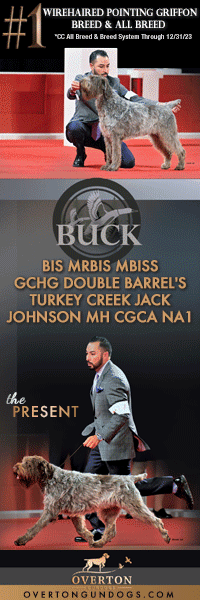New DNA Testing Program For Border Collies
 The Kennel Club has approved a new official DNA testing programme for severe goniodysgenesis and glaucoma risk (gonio) in Border Collies, following consultation with the breed’s health co-ordinator on behalf of the breed clubs.
The Kennel Club has approved a new official DNA testing programme for severe goniodysgenesis and glaucoma risk (gonio) in Border Collies, following consultation with the breed’s health co-ordinator on behalf of the breed clubs.
Primary glaucoma is a painful and blinding disease associated with high intraocular pressure (high pressure inside the eye). Primary Angle Closure Glaucoma (PACG)/Primary Closed Angle Glaucoma (PCAG) is significantly associated with defective development of the drainage angle which is termed goniodysgenesis (gonio = angle, dysgenesis = defective development), also known as Pectinate Ligament Dysplasia (PLD) or Pectinate Ligament Abnormality (PLA). Dogs with severe goniodysgenesis are at the greatest risk of developing PCAG.
The DNA test offered for severe goniodysgenesis and glaucoma risk is a ‘candidate gene mutation’ test, which is different from the DNA tests so far recorded by the Kennel Club.
Whilst most DNA tests identify the actual mutation at a specific gene that is definitively shown to cause the disease, sometimes determining this can be difficult. In this case, the mutation identified is strongly associated with severe goniodysgenesis (two copies were present in 9 of 11 affected dogs, and none of 56 unaffected dogs possessed two copies). However, although this association means it is very likely that the identified mutation is the cause of this disorder, it is not absolutely proven, and so is described as a ‘strong candidate’ (for being the causal mutation). A ‘candidate gene mutation’ test may nevertheless have considerable value in assisting breeding dogs free from the disease, while not being completely definitive.
Health conditions which have a candidate gene test will likely still be either autosomal dominant or autosomal recessive and the breeding advice will remain the same as per conditions with these modes of inheritance. However, because of the lack of definitive proof that the candidate gene is the cause of disease, the Kennel Club cannot assign progeny as ‘hereditary clear’ and therefore results will only be recorded for individual dogs.
Because the identified mutation is a ‘strong candidate’, rather than definitively proven as the cause of disease, Border Collie breeders should continue to present their dogs for gonioscopy examinations under the British Veterinary Association (BVA)/Kennel Club (KC)/International Sheep Dog Society (ISDS) Eye Scheme. These eye examination results will provide further data which may assist in proving definitively that the candidate is (or is not) the cause of disease (and if not, in identifying the true cause).
To find out which laboratories the Kennel Club is able to record results from, and which labs will send results direct to the Kennel Club, please refer to the worldwide DNA testing list at www.thekennelclub.org.uk/worldwide-dna-tests/.
Only results which have at least two forms of identification on the DNA result certificate will be accepted – it will be mandatory to include the dog’s microchip or tattoo number along with either the dog’s registered name or registered number. Any test results that do not carry these identifying features will not be accepted.
The Kennel Club constantly reviews DNA testing schemes and programmes in conjunction with breed clubs to ensure that breeders are supported with resources which help them to make responsible breeding decisions. The Kennel Club works alongside breed clubs and breed health coordinators in a collaborative effort to improve the health of pedigree dogs and is happy to accommodate a club’s request to add a new DNA test to its lists. A formal request from the breed’s health coordinator or a majority request from the breed clubs is normally required to do this.
Test results will be added to the dog’s registration details which will trigger the publication of the result in the next available Breed Records Supplement. The result will appear on any new registration certificate issued for the dog and on the registration certificates of any future progeny of the dog, and also on the Health Test Results Finder on the Kennel Club website. Results for dogs already tested can also be recorded, but owners will need to submit copies of the DNA certificates themselves.
If the owner includes the original registration certificate for the dog (not a copy) then a new registration certificate will be issued, with the DNA result on it, free of charge. DNA test certificates should be sent to Breeder Services, The Kennel Club, Clarges Street, London W1J 8AB or scanned and emailed to health.results@thekennelclub.org.uk.
Short URL: http://caninechronicle.com/?p=148940
Comments are closed











